How Long Do Solar Panels Last?
When switching to solar energy, it’s normal to expect a long-lasting system to match your investment. That’s why one of the most common questions people ask before installing a system is, “How long do solar panels last?” The current industry standard is that a solar panel’s life expectancy is at least 25 years, though many can last upward of 30 years. Solar panels won’t fail after this timeframe, but their efficiency may decrease, meaning they might not produce as much energy as they previously did. Here’s what you need to know about preserving the longevity of your home solar system.
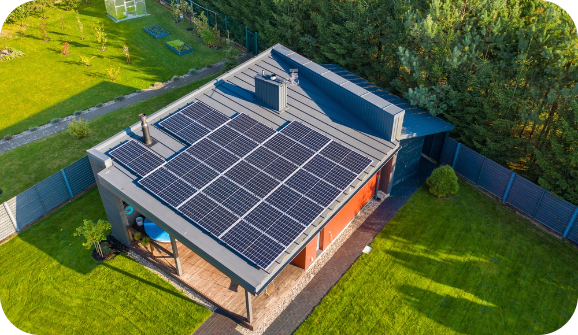
Solar Panel Lifespan Factors
To ensure your panels last their lifetime and work effectively, you want to avoid solar panel degradation. Solar panels are designed to be highly durable and long-lasting. This means they are tested against a variety of conditions, including high winds, heavy snow, large hail, and extreme heat. Even though solar panels are created this way, they are not all made equal. There are a few factors that affect the life expectancy of a solar panel.
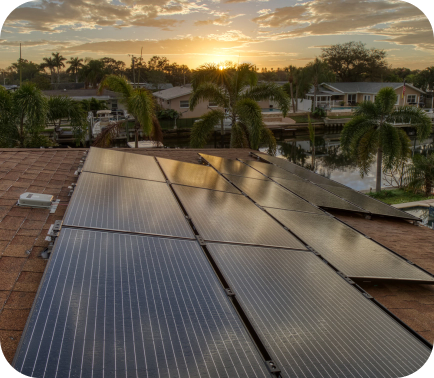
Panel Quality
To help extend the lifespan of solar panels, you want to make sure that you’re getting the highest-quality panels available. At Axia Solar, we only install solar panels made by Qcells, one of the top panel manufacturers in the industry. This way, we ensure you get the best products with the longest solar panel life expectancy.
System Installation
How your home solar system is installed can also affect the solar panel lifespan. A reputable solar company will ensure the quality and protection of your panels before and during installation, meaning the solar panels will be free from dents, scratches, and microcracks, and the system won’t have any bad connections.
Your solar panels should also be installed at the correct angle and with maximum sun exposure to make your system as effective as possible. If your panels aren’t appropriately angled or shaded most of the time, they must work harder to energize your home.
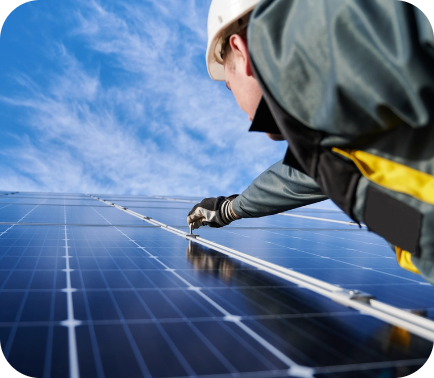
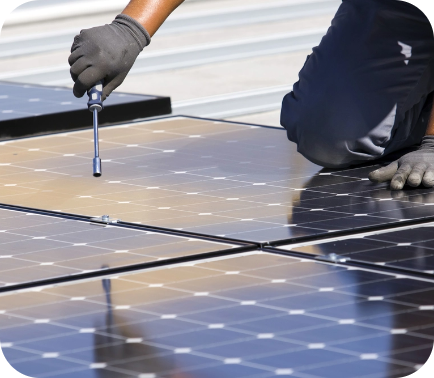
Panel Maintenance
One of the best ways to minimize solar panel degradation is to maintain your solar panels consistently. This maintenance includes regular cleanings, checking connections, and visually inspecting your panels for any potential issues. If you need help with solar panel maintenance, you can also contact your solar company for assistance.
Solar Panel Degradation
Research shows that the average solar panel naturally degrades at a rate of around 0.8% per year, which means they slowly lose their efficiency with time. There are a few ways that solar panels experience degradation, including:
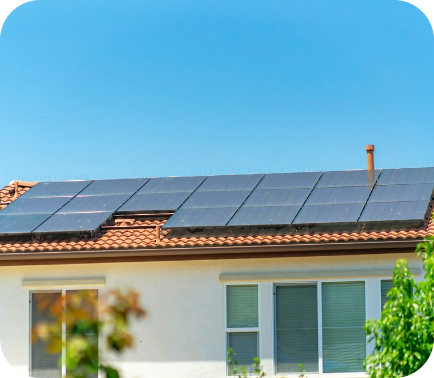
What Can You Do to Increase Solar Panel Lifespan?
While solar panel degradation is ultimately unavoidable, there are things you can do to slow down the process and increase how long your solar panels last.
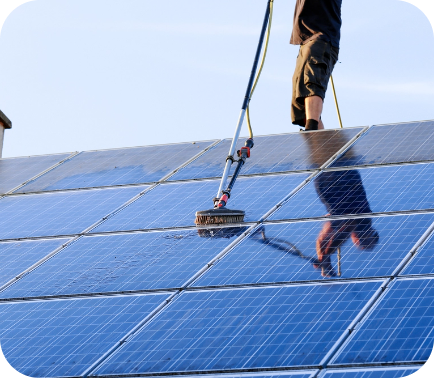
Keep Your Solar Panels Clean
When your panels have dirt or debris on them, it minimizes their ability to produce energy. This diminished efficiency means the system has to work harder to generate the energy you need to run your home, affecting the solar panels’ life expectancy.
So, to combat this problem, you should be inspecting your solar panels at least once a month or every other month (in spring and summer) to ensure they are clean and free from potentially damaging objects.
Since solar panels are often placed at an angle during installation, snow and rain usually just slide off instead of accumulating. However, the pressure could cause cracking and damage if any liquid freezes on the panels.
Monitor System Production
Solar panels are designed to handle different weather conditions, including extreme weather situations. However, these situations can cause undue hardship on your solar panels over time.
If you experience severe weather, it is a good idea to check on your system production after the event to make sure everything is producing as expected. Keep in mind, if your system is covered in snow, it won’t produce electricity until the snow has melted.
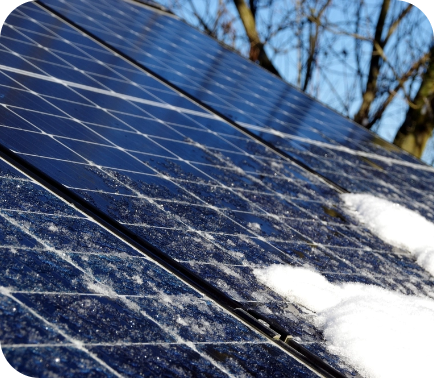
Work With Your Solar Company
Your solar company may offer maintenance services where they will regularly inspect your system to ensure it works efficiently to meet your energy needs. Some companies also require regular maintenance services to keep warranties valid.
Regardless of whether your solar company offers or requires maintenance services, you can always contact them if you are concerned about how your solar panels are working or if you discover any problems.
Here are a few final reminders.
Life Expectancy
The life expectancy of a solar panel is at least 25 years but could go up to 30 years. With the steps above, your panels could last longer.
Panel Degradation
Solar panel degradation happens slowly and decreases system effectiveness over time, but there are ways to slow down the process.
Increase Lifespan
Increase solar panel lifespan by using high-quality panels, using an experienced installation company, and staying consistent with system maintenance.
Help Your Solar Panels Last
Now that you know what causes solar panel degradation and what you can do to increase a solar panel’s life expectancy, it’s time to put these practices into action to protect your investment.
If you haven’t switched to solar panels, or have questions about your current system, contact a solar advisor from Axia Solar today. We have decades of experience in the industry and take pride in making solar simple for everyone. Let us help you electrify your life and energize your home!